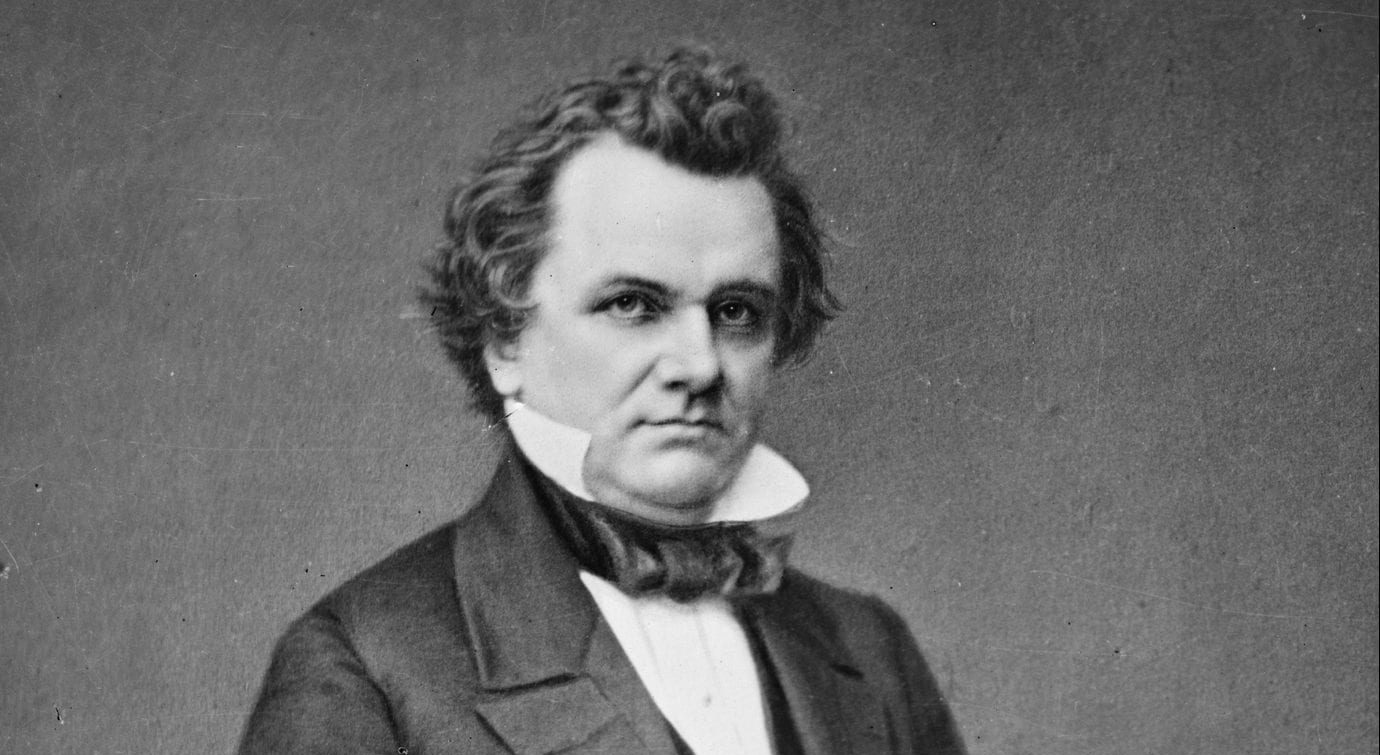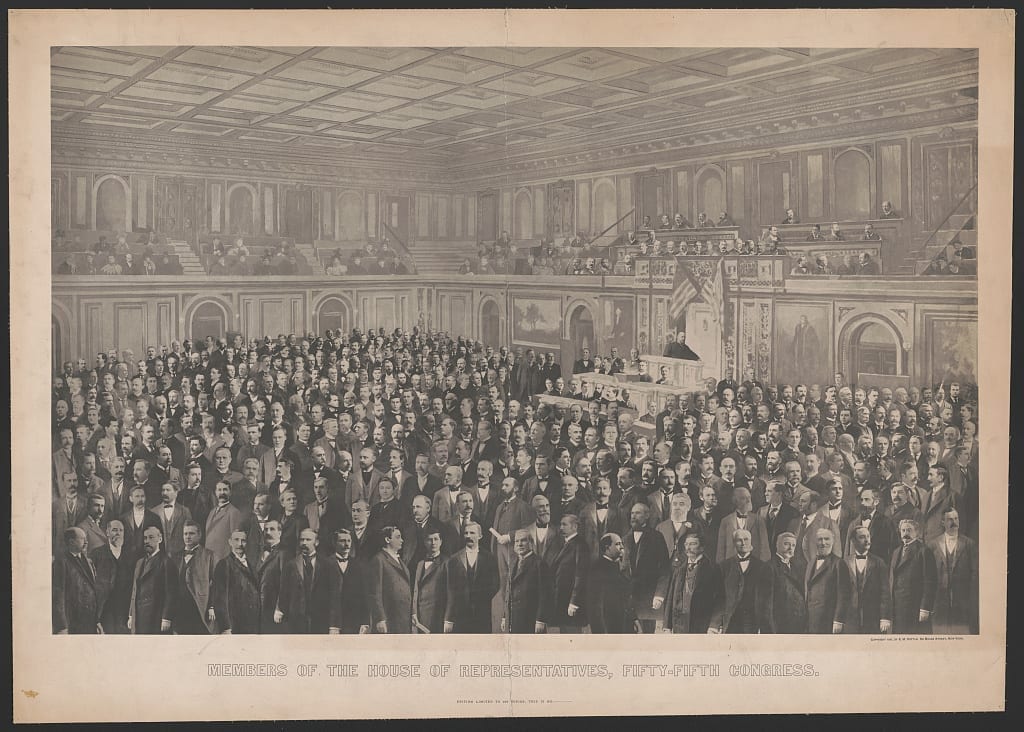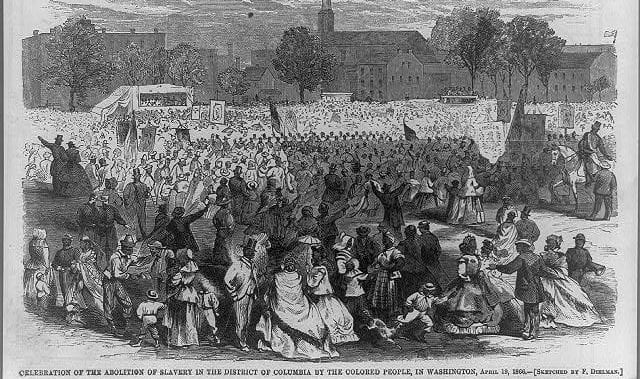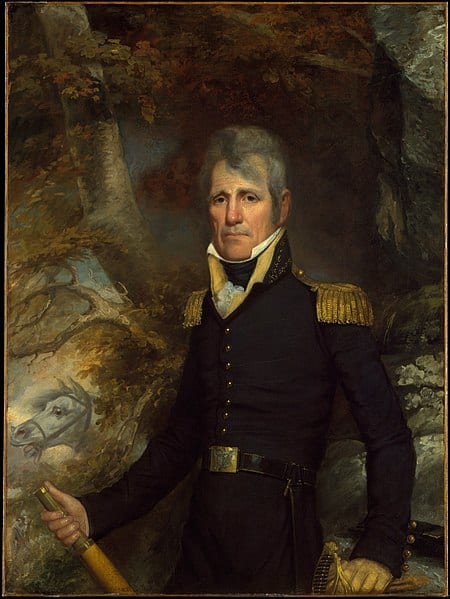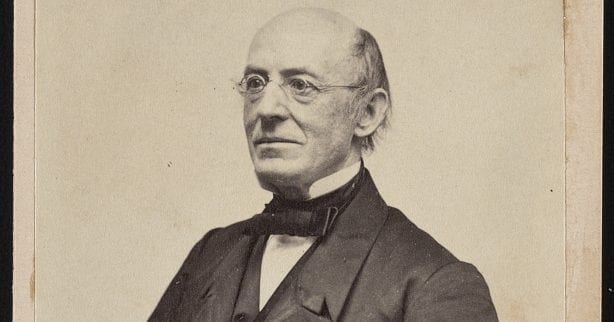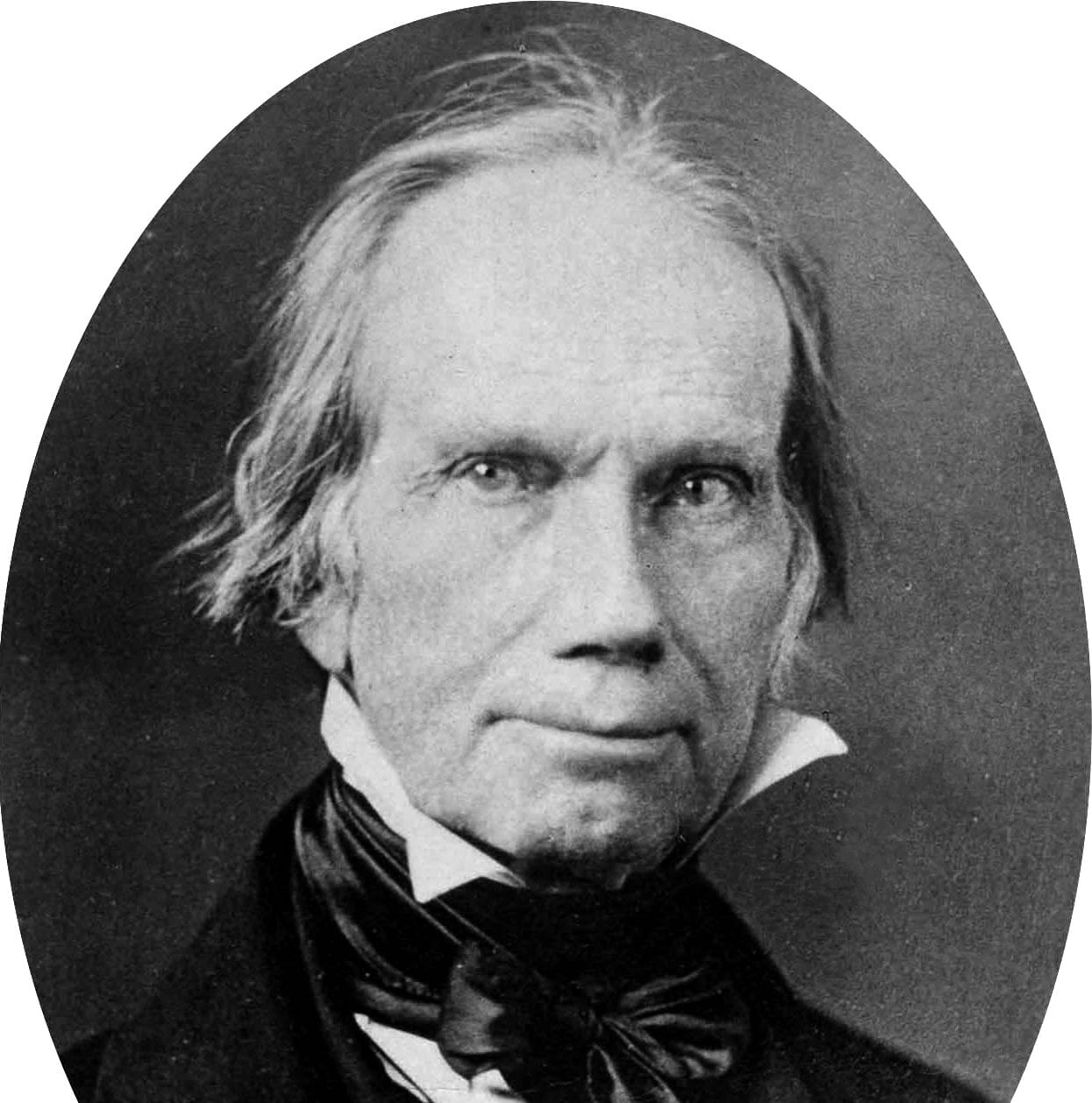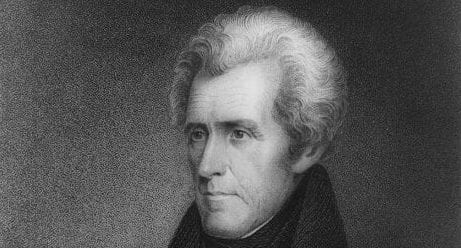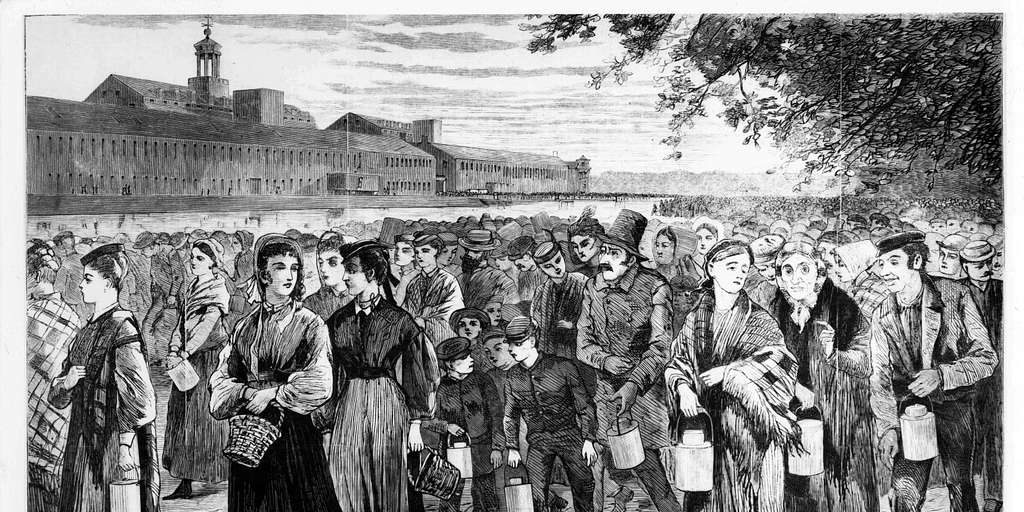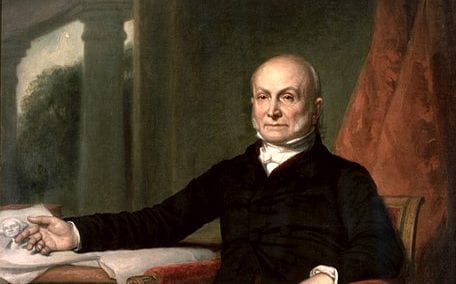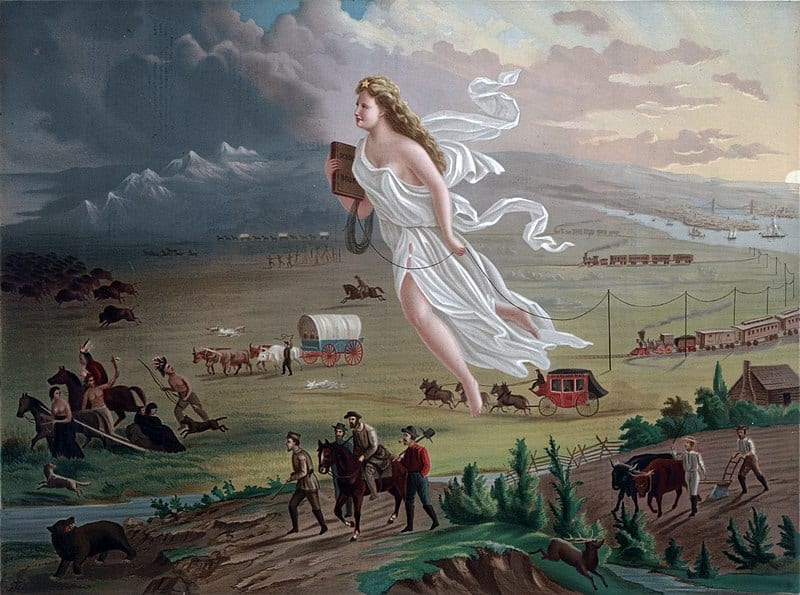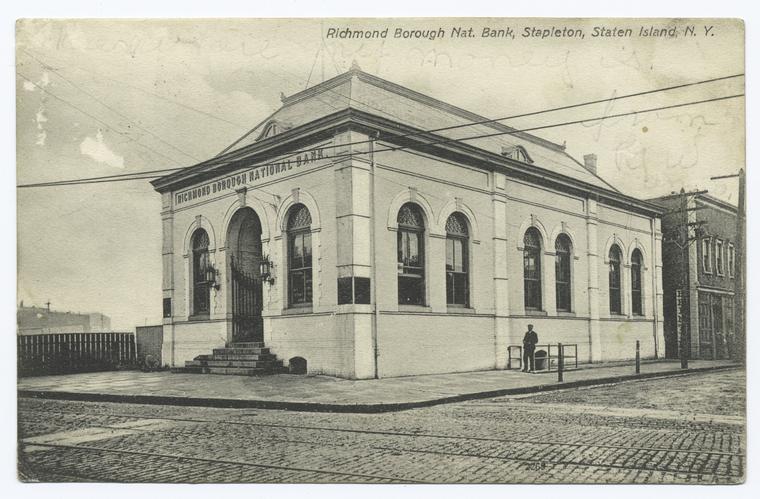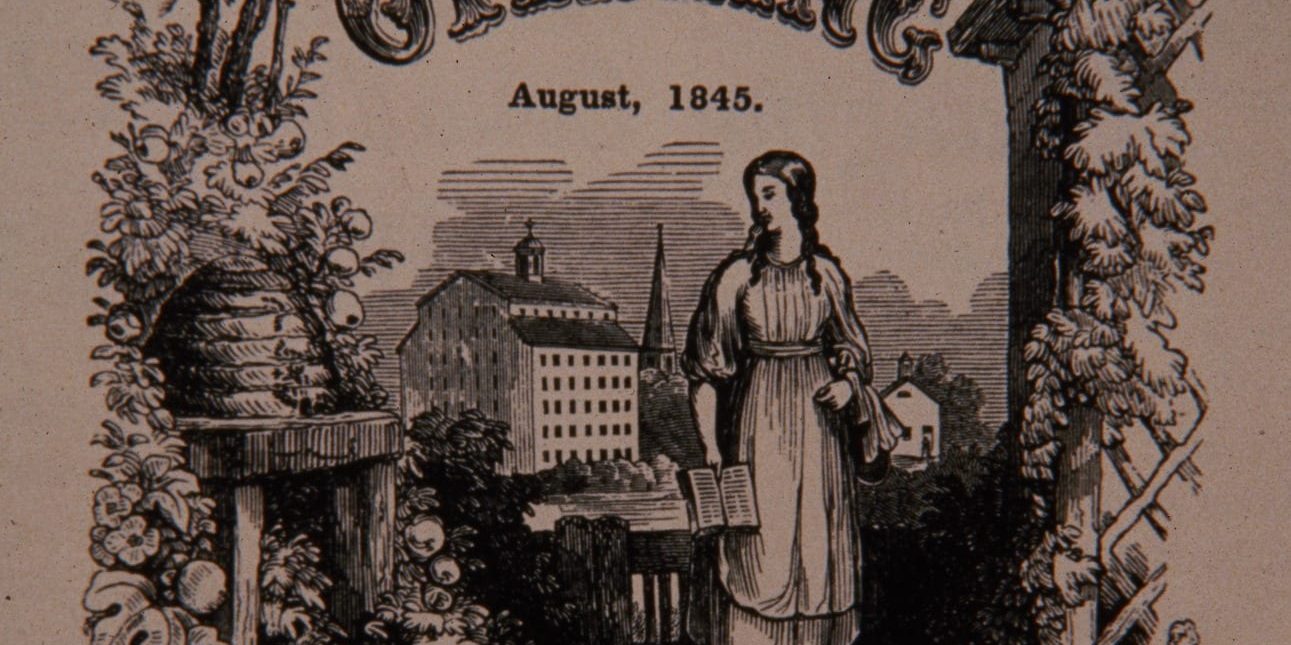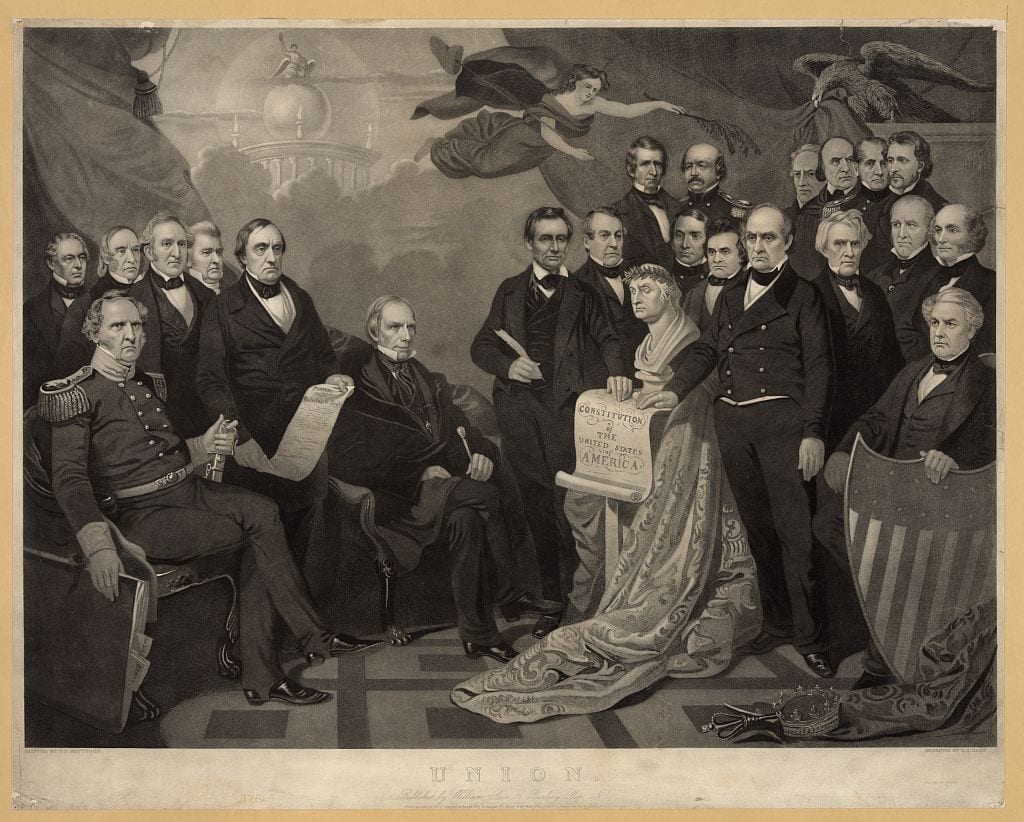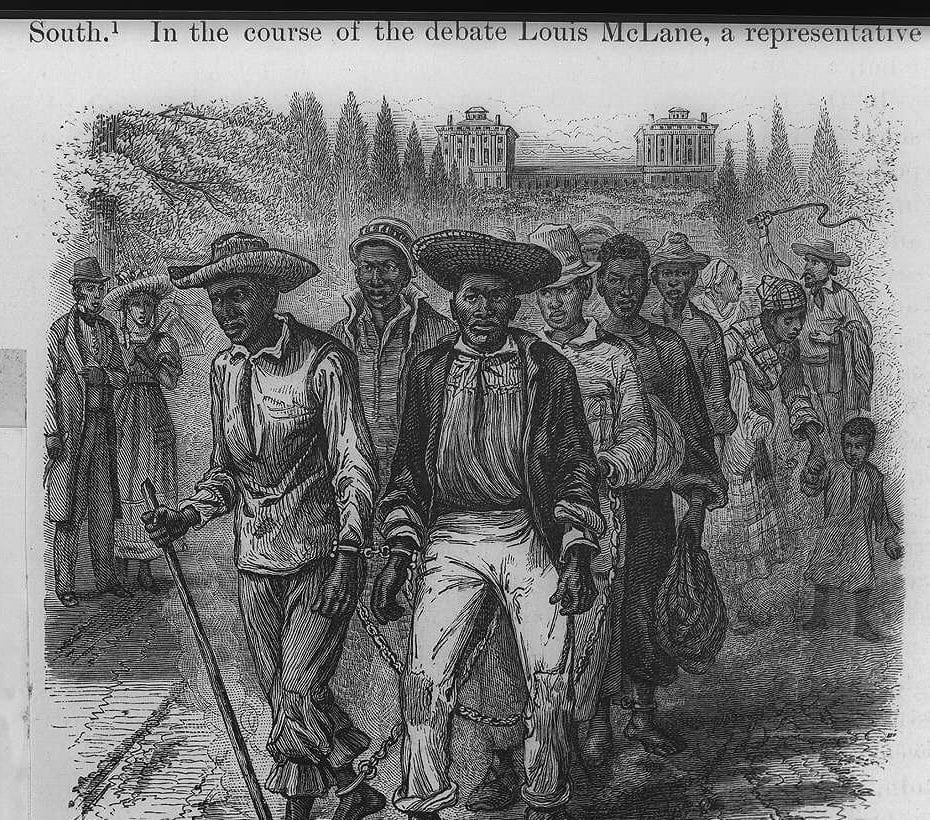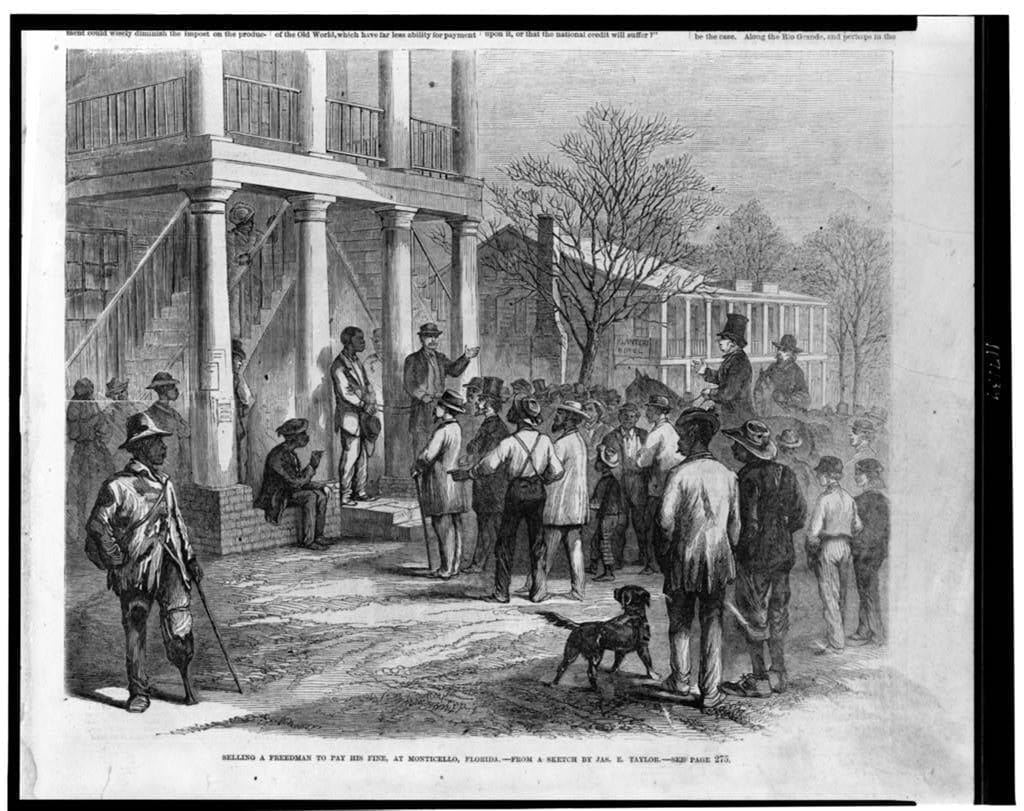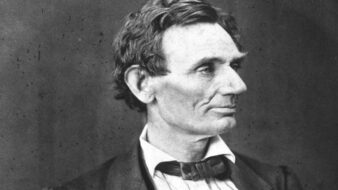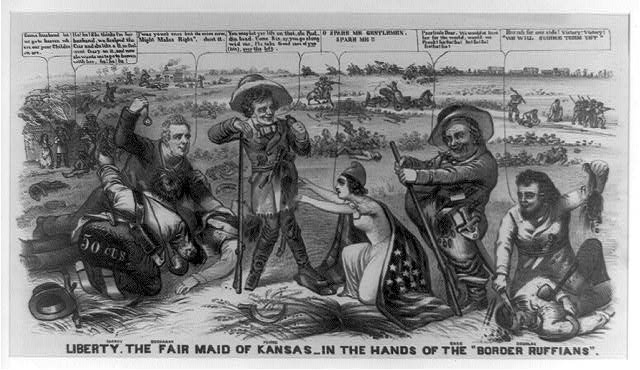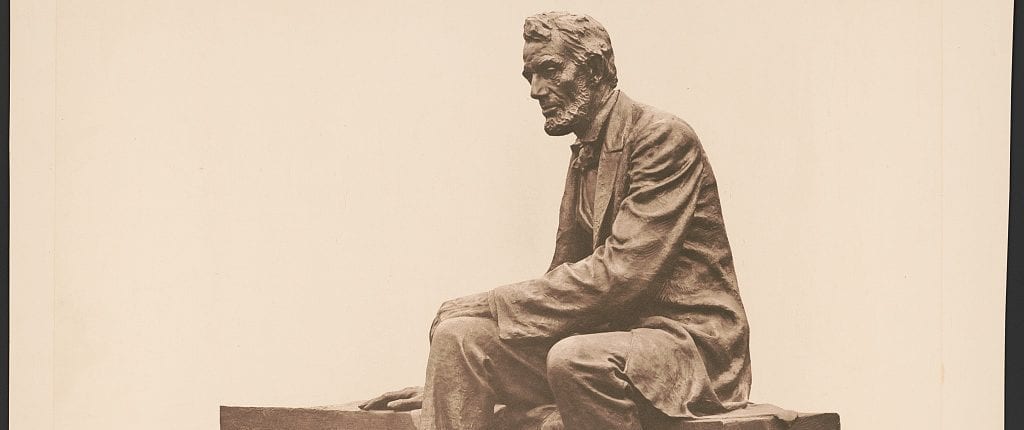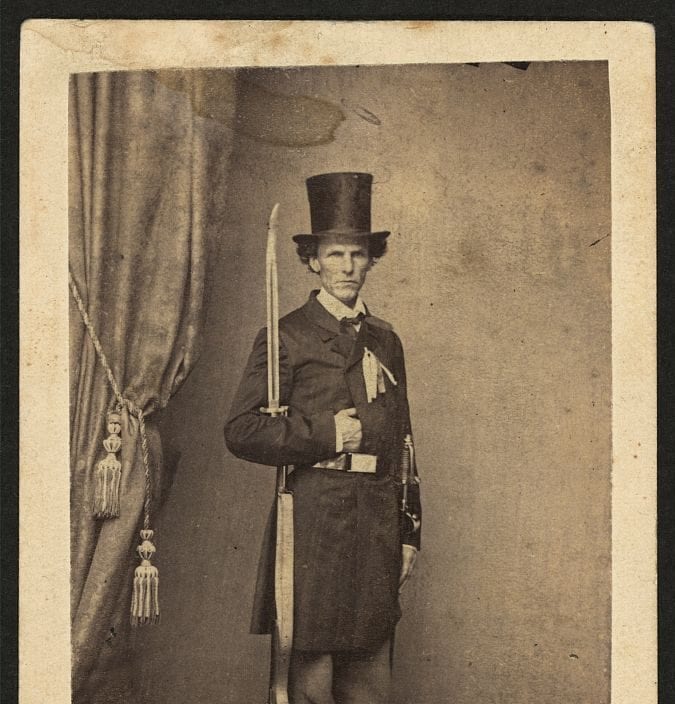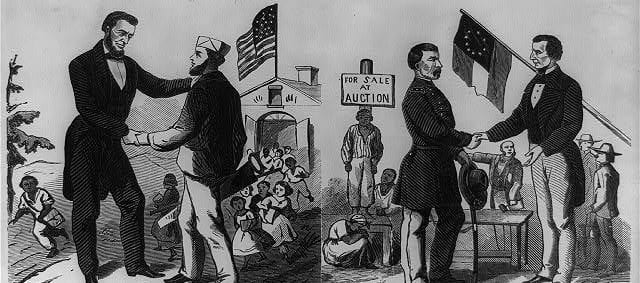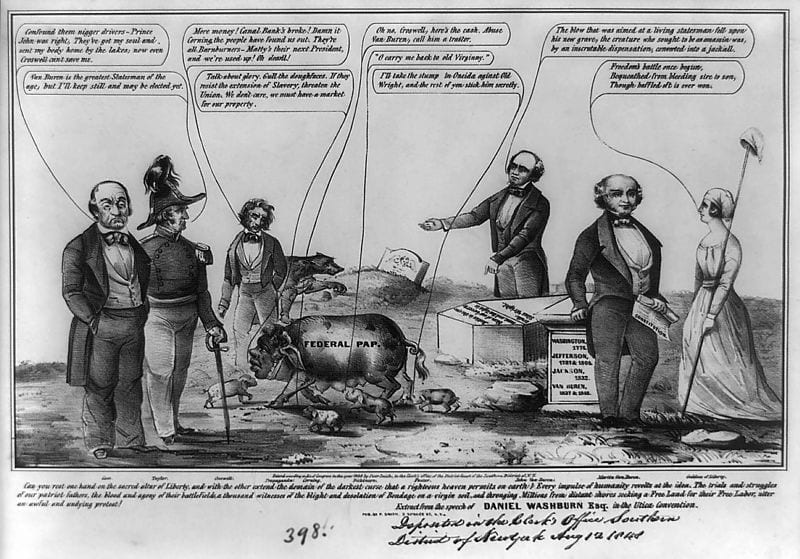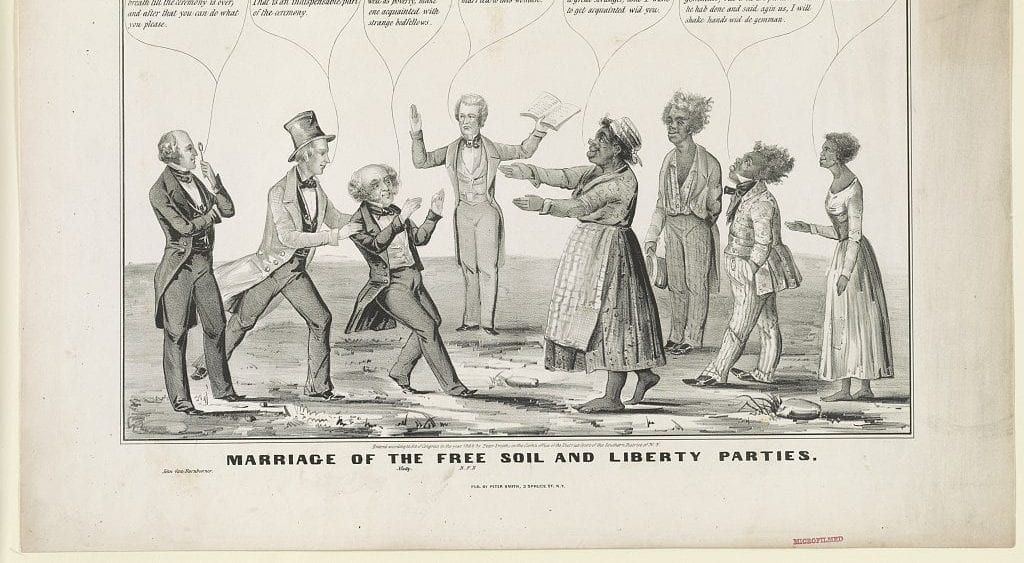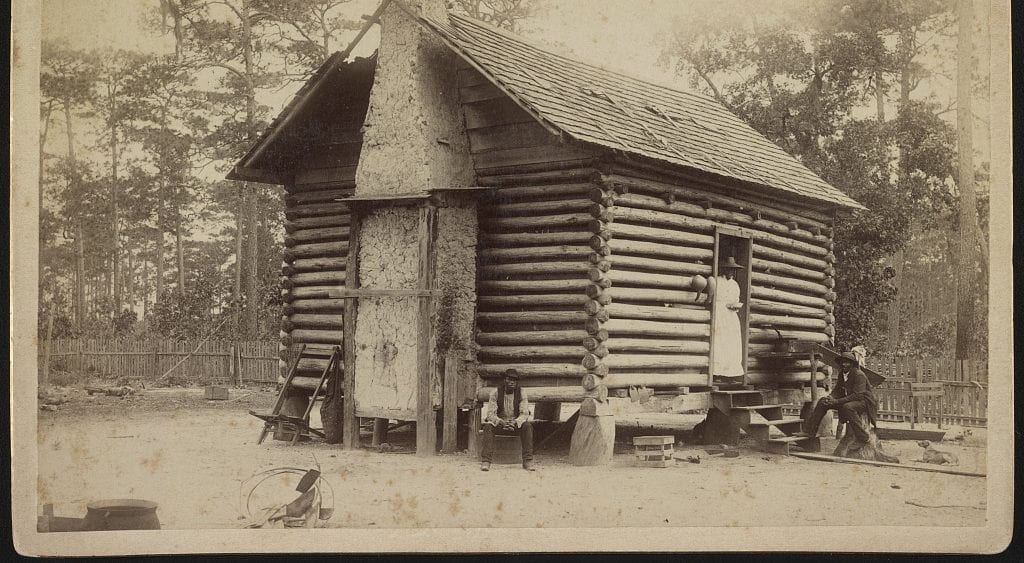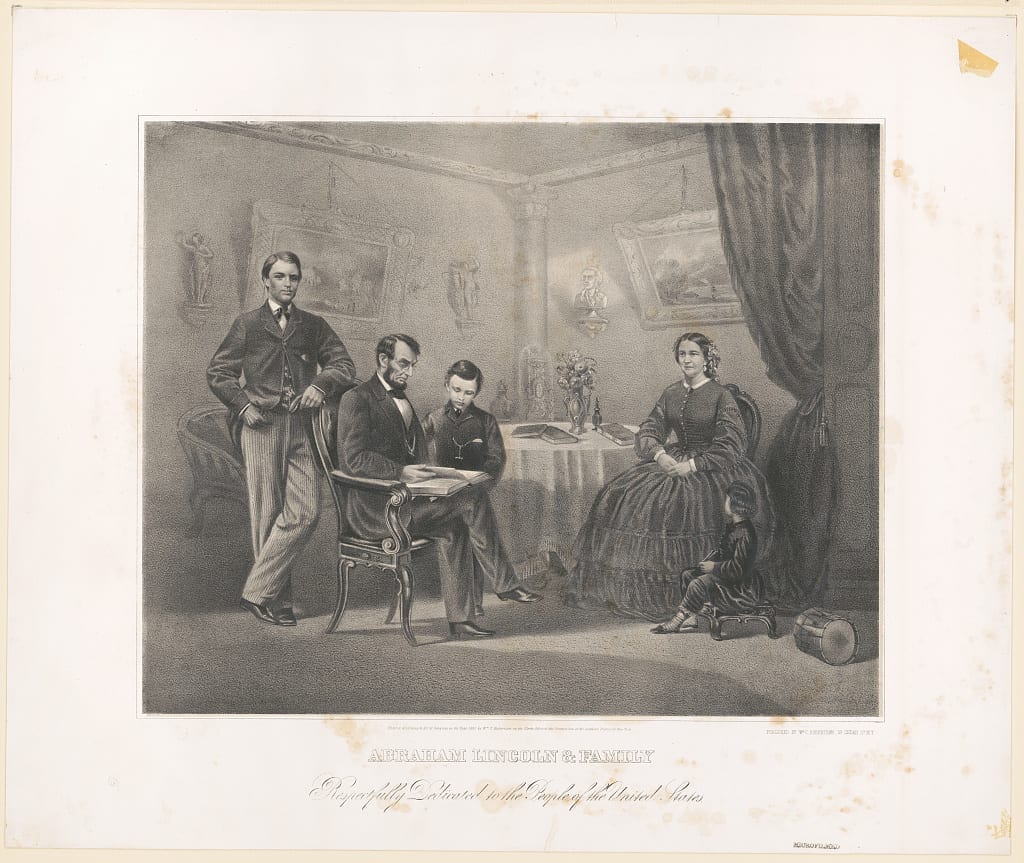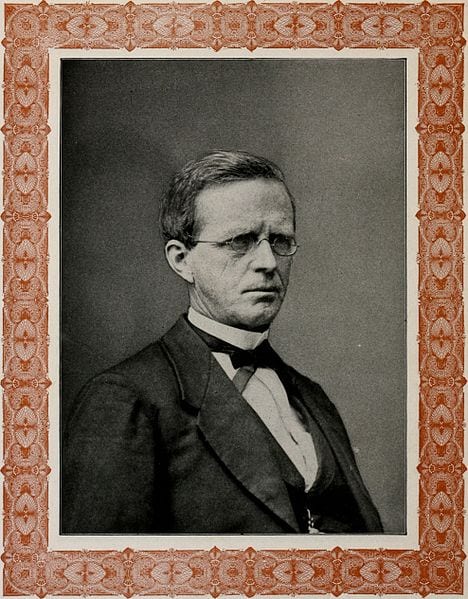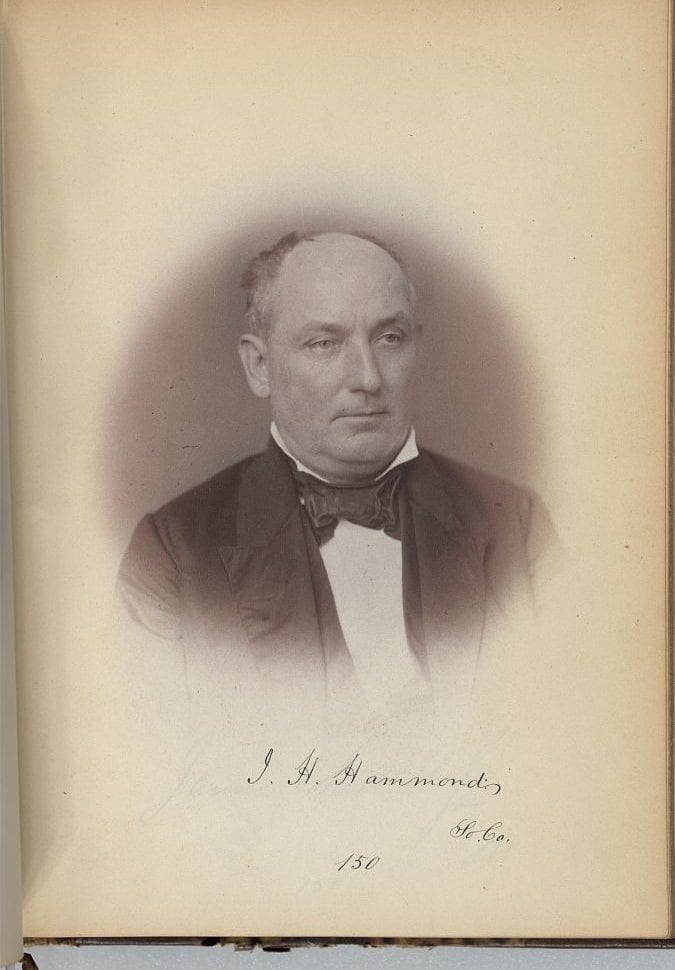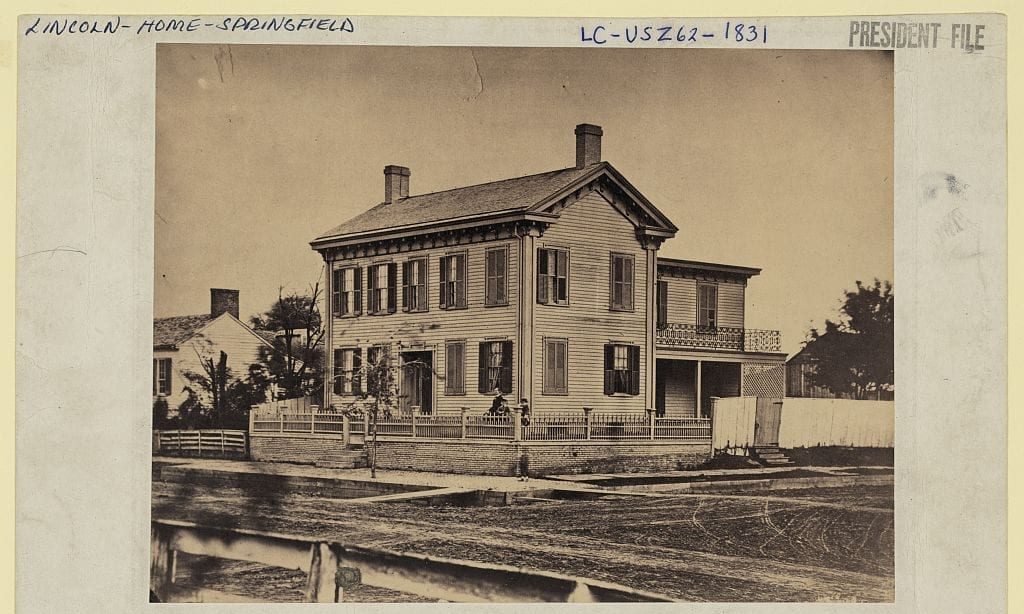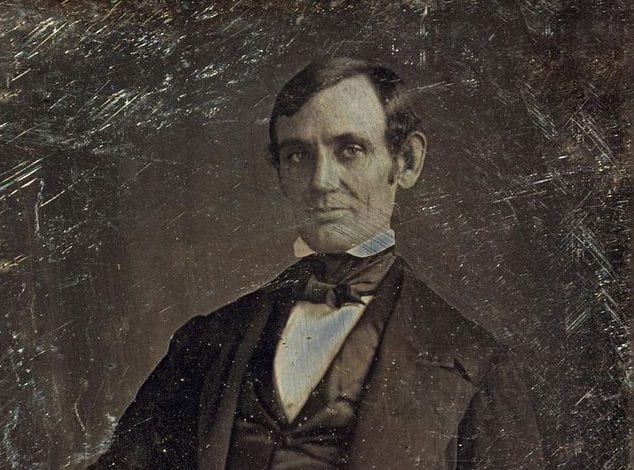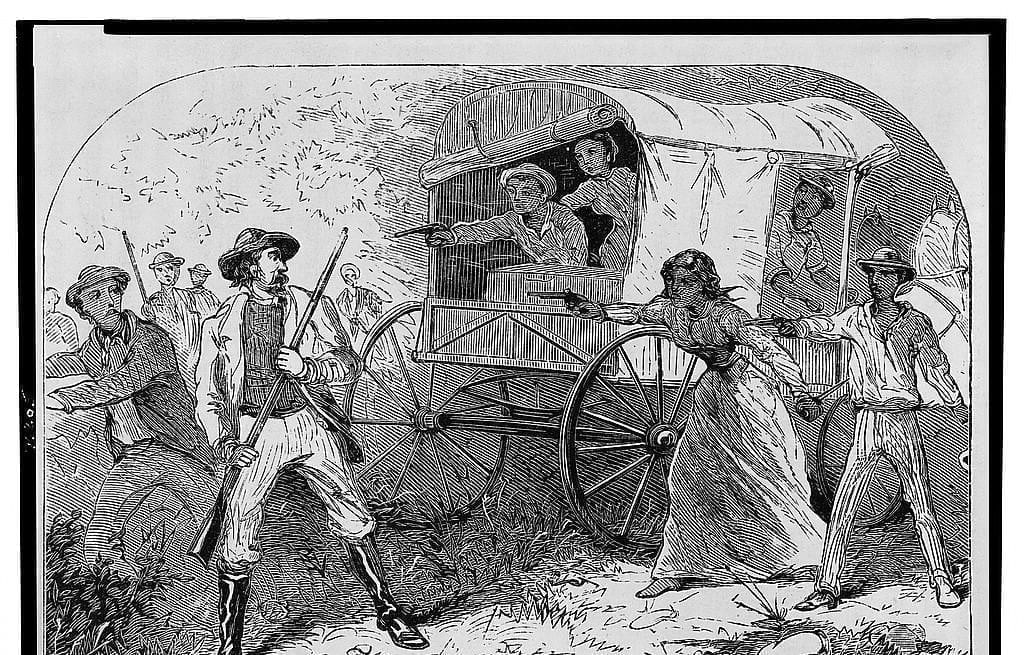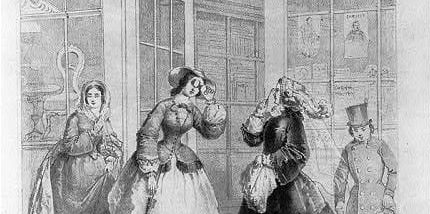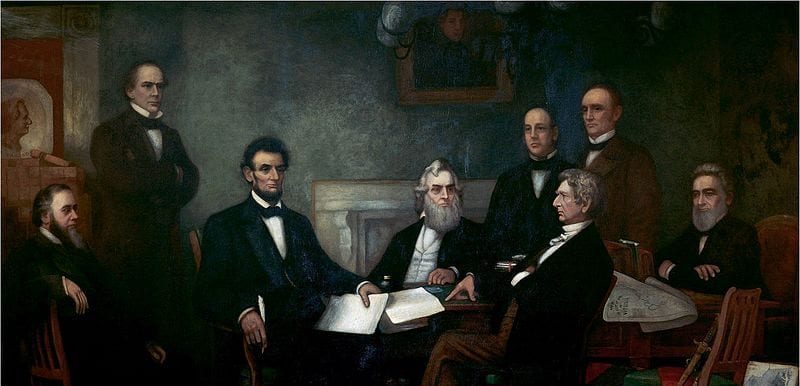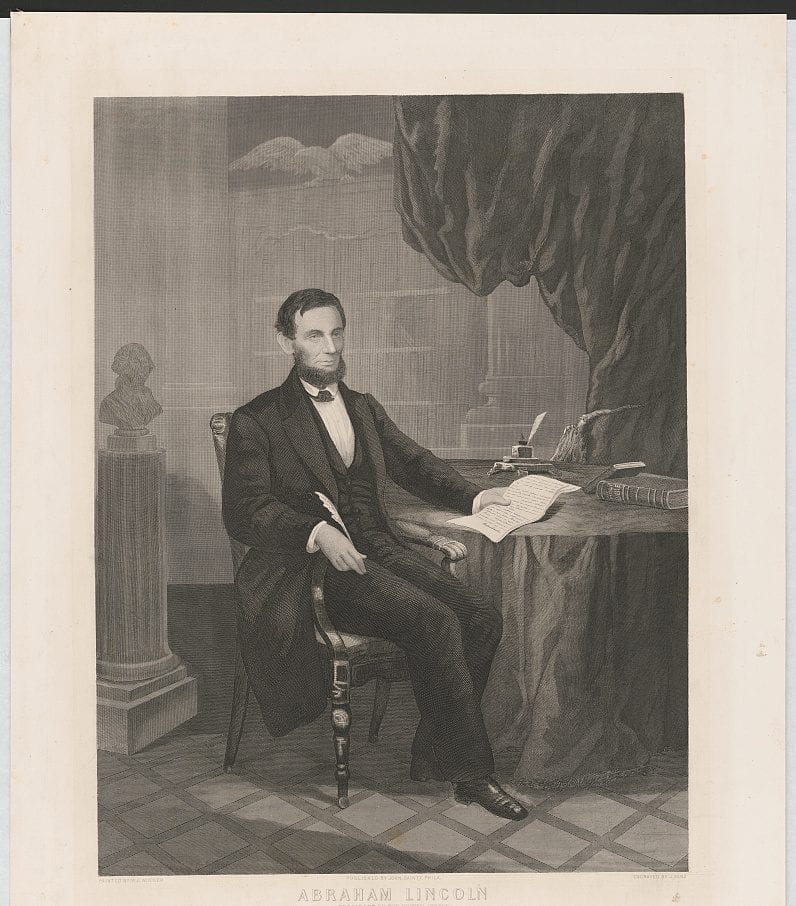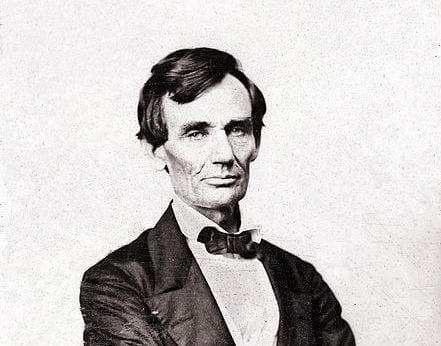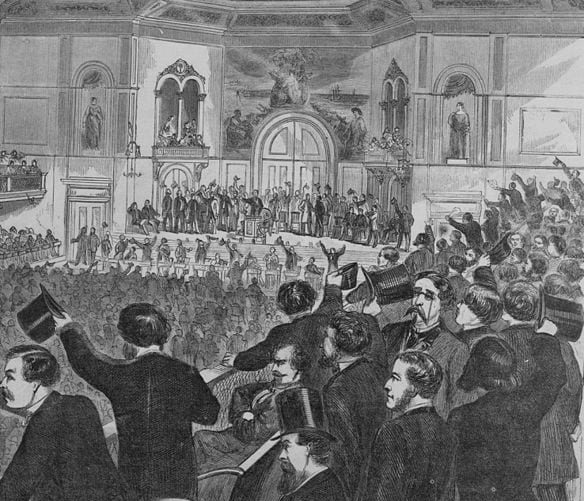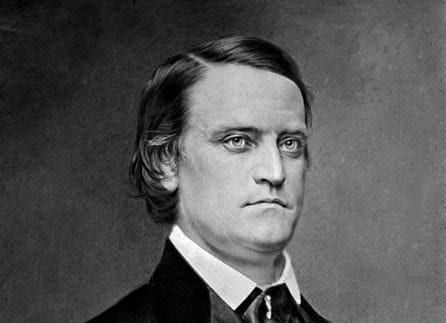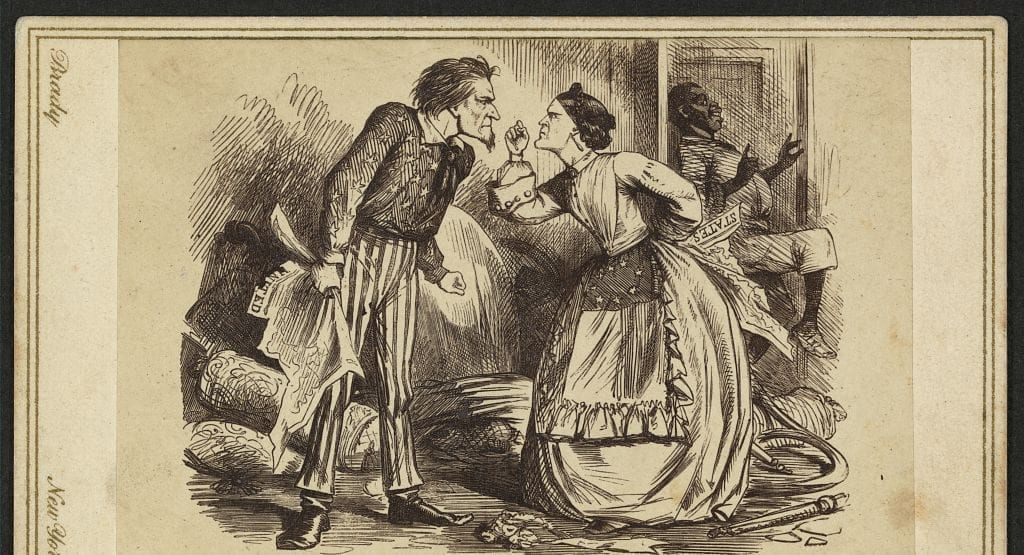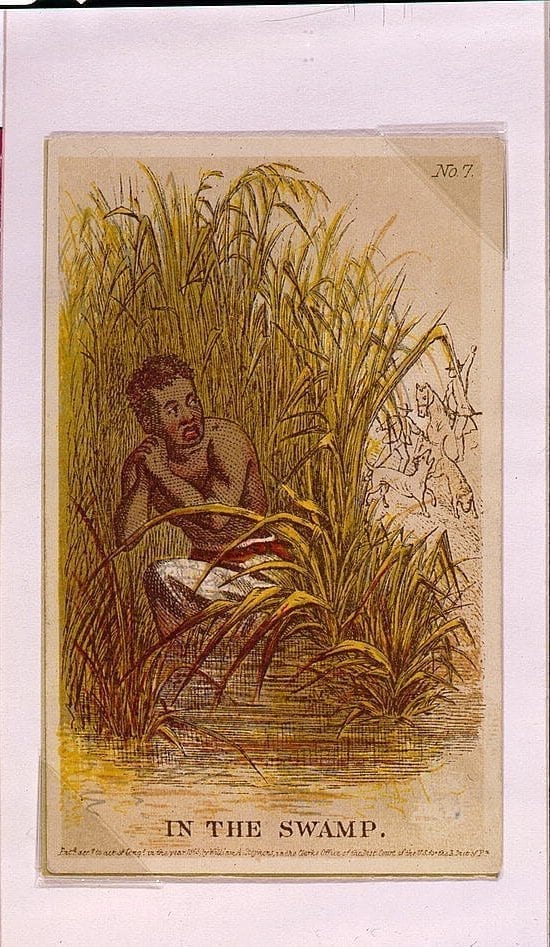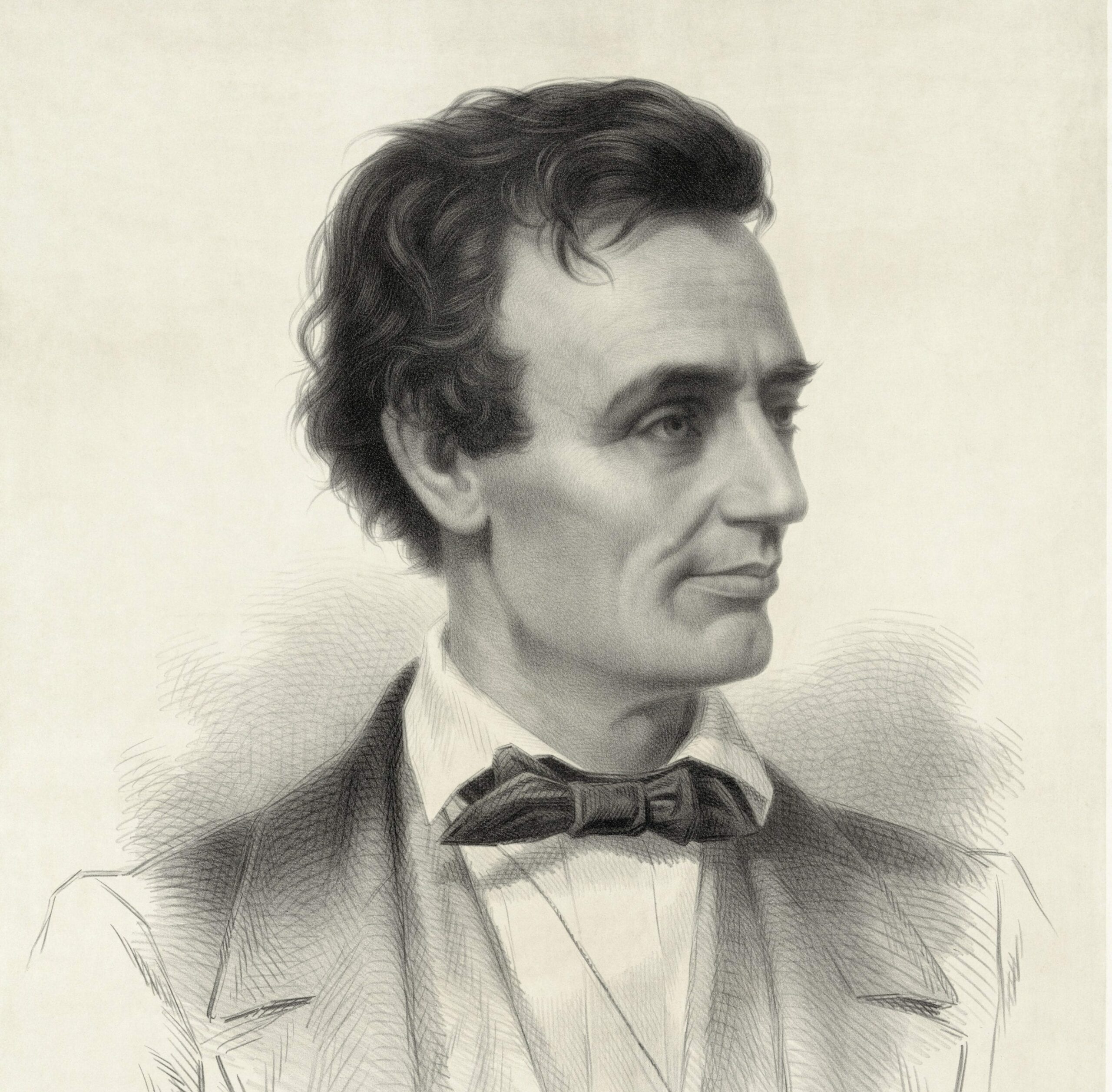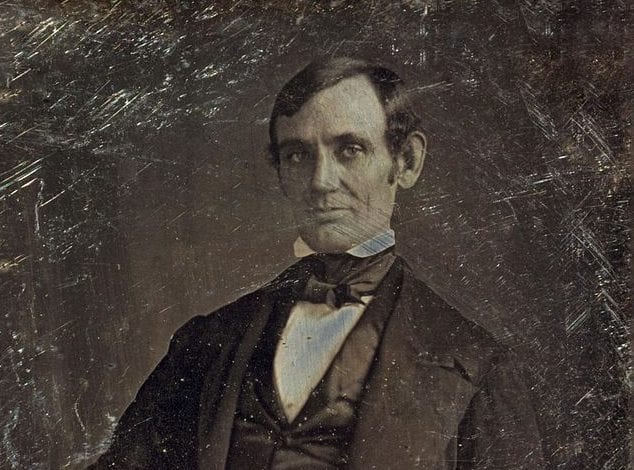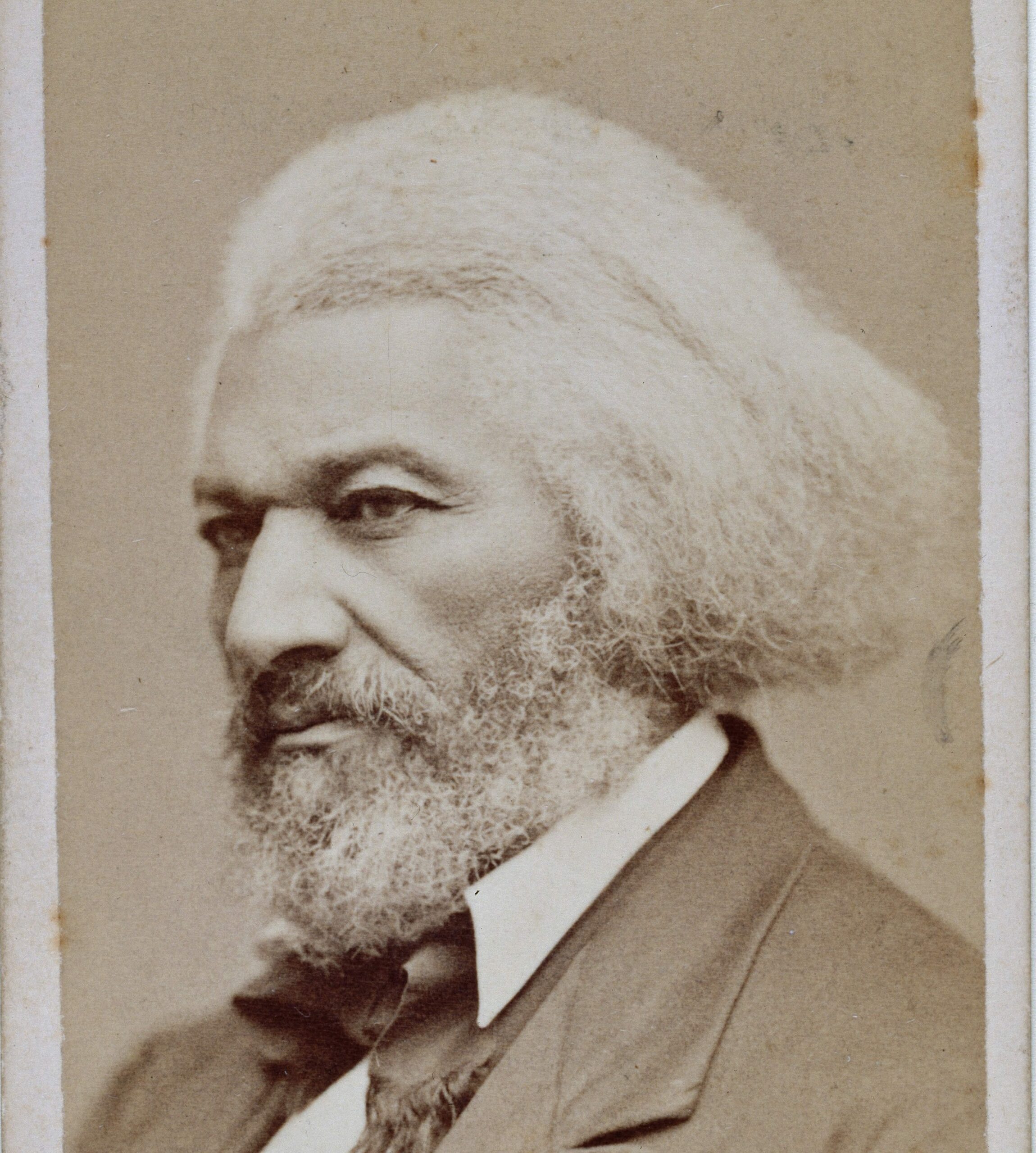Introduction
In April of 1860, Democrats met in Charleston, South Carolina, to select their nominee. At that time, Charleston was a city overrun by secessionist passions, and with no local Whig party presence since earlier in the century, there was nothing to dampen those passionate excesses. Disagreement over the platform caused Southern delegates to withdraw from the convention after delegates affiliated with Stephen Douglas refused to concede to any platform that did not support popular sovereignty. The question of the nominee and the platform was left unresolved as Douglas could not secure the two-thirds majority needed to win.
In June of 1860, Democrats reconvened in Baltimore to try to settle their differences. Secessionists reappeared at the convention and a great deal of infighting took place over the seating of rival delegations. When the Douglas supporters won, Southerners again left the convention, and the remaining delegates nominated Stephen Douglas for the presidency. Senator Benjamin Fitzpatrick of Alabama was initially selected for the vice presidency, but he declined. Instead, a Georgia moderate named Herschel Johnson was selected for the position.
—Eric C. Sands
Source: Democratic Party Platform 1860 (Douglas Faction), June 18, 1860. Online by Gerhard Peters and John T. Woolley, The American Presidency Project. https://www.presidency.ucsb.edu/node/273172
Resolved, That we, the Democracy of the Union, in Convention assembled, do hereby declare our affirmation of the resolutions unanimously adopted and declared as a platform of principles by the Democratic Convention at Cincinnati, in the year 1856, believing that Democratic principles are unchangeable in their nature when applied to the same subject matters; and we recommend, as the only further resolutions, the following:
Inasmuch as difference of opinion exists in the Democratic party as to the nature and extent of the powers of a Territorial Legislature, and as to the powers and duties of Congress, under the Constitution of the United States, over the institution of slavery within the territories,
Resolved, That the Democratic party will abide by the decision of the Supreme Court of the United States upon these questions of Constitutional law.
Resolved, That it is the duty of the United States to afford ample and complete protection to all citizens, whether at home or abroad, and whether native or foreign born.
Resolved, That one of the necessities of the age, in a military, commercial and postal point of view is speedy communication between the Atlantic and Pacific States, and the Democratic party pledge such constitutional power of the Government as will insure the construction of a railroad to the Pacific coast at the earliest practicable period.
Resolved, That the Democratic party are in favor of the acquisition of Cuba on such terms as shall be honorable to ourselves and just to Spain.
Resolved, That the enactments of State Legislatures to defeat the faithful execution of the Fugitive Slave Law, are hostile in character and subversive to the Constitution, and revolutionary in their effects.
Resolved, That it is in accordance with the Cincinnati Platform that during the existence of Territorial Governments the measure of restriction, whatever it may be, imposed by the Federal Constitution on the power of the Territorial Legislature over the subject of the domestic relations, as the same has been, or shall hereafter be finally determined by the Supreme Court of the United States, should be respected by all good citizens, and enforced with promptness and fidelity by every branch of the General Government.


